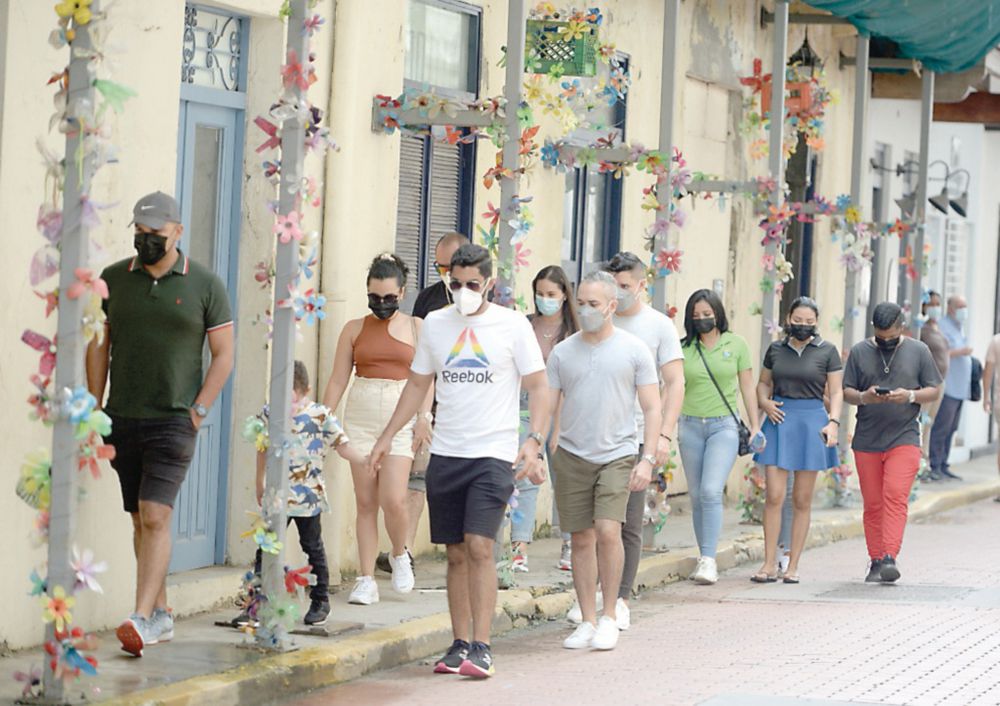Panama tourism on verge of collapse

Panamanian tourism is on the edge of an abyss from which it would take about 15 years to emerge, according to industry projections.
The restriction of mobility, curfew, sanitary fences and a ban on going to the beaches can cause the closure of at least 50% of the 3,500 companies that participate directly in tourism, an activity that in 2019 contributed more than $4.5 billion to the country’s gross domestic product.
Ernesto Orillac, president of the Panama Chamber of Tourism (Camtur), said that the current situation is unsustainable and called for the health authorities to sit at a table to establish roadmap that allows the recovery of the sector.
35,-000 thousand contracts of workers who depend directly on tourism remain suspended
$800 Million is the accumulated debt of the companies that participate in tourism: hotels, receptive operators and travel agencies, among others.
“We had a meeting scheduled for yesterday Friday, but the Health Ministry canceled it at the last minute,” Orillac said.
Panamanian tourism was reactivated on October 12, after 8 months of paralysis, but after the rebound in positive cases of coronavirus, health authorities decreed new measures that affect the sector at the beginning of the year.
The extension of the measures comes during the high season of tourism (January-March), months that contribute between 40% and 45% of the annual income of the sector, especially for companies that operate outside the capital city.
“We cannot continue with improvisations and last minute decisions. Tourism needs reliable information. How is it possible that the Ministry of Commerce and Industry says that tourists can pass the sanitary fences just by presenting their reservation when there is no decree that stipulates it? “, said Orillac.
For the tourist unions, the lack of decisions is taking its toll on the country. Aurillac points out that countries such as Costa Rica, Mexico and the Dominican Republic are registering occupancy rates in their hotels of up to 70%, and not only by tourists on vacation but also events and congresses.
“These countries have the same contagion problems as Panama, and tourism companies are complying with the same protocols that Panamanian companies have already established,” he said.
In addition to the lack of consensus in decision-making, the Panamanian Association of Hotels (Apatel) is concerned about the government’s decision to reduce funds for international tourism promotion.
Annually, the Tourism Authority of Panama must transfer $20 million to the International Promotion Fund to market Panamanian destinations, but inmthe 2021 budget f $ 15 million is contemplated.
“Cutting off the nation’s ability to generate foreign income would have dire consequences for the entire national economy, from restaurants to tourism companies, retail trade to light industries and, of course, for the treasury,” said a statement from Apatel.
Like Camtur, Apatel asks the Government “to urgently open a consultation dialogue with representatives of the tourism industry, in order to ensure that the measures are agreed upon for the benefit of the nation.”





